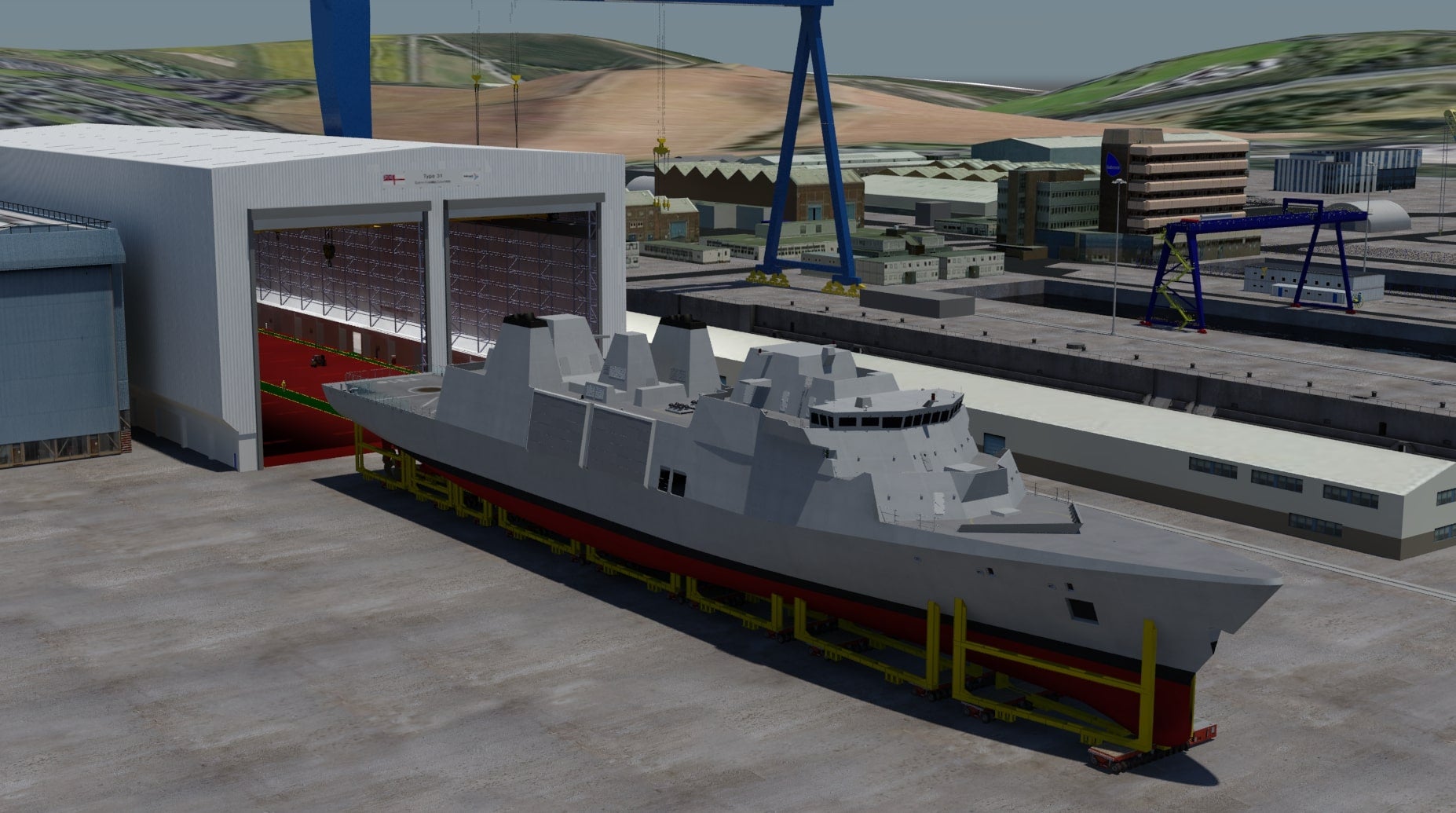
The WSCDR process was held virtually over ten days and included several specific reviews designed to assess the maturity of the ship’s systems and equipment.
Babcock said completing the WSCDR was a key indicator of ‘the compliance, maturity and engineering risk’ as the ship moves into production and its 3D CAD model is matured.
Twelve experts reviewed the ship’s design and ‘interrogated’ its engineering team. The process included input from the UK Ministry of Defence.
Babcock CEO David Lockwood said: “This is a real step-change in capacity and capability at Rosyth which provides the UK with a world-class, future-ready, ship build facility.
“It’s an exciting time for UK industry, with future opportunities emerging such as the recently announced Type 32 frigate programme and international discussions increasing around the export of our proven and adaptable Arrowhead 140 design, with potential customers looking to the UK as the benchmark for their own programmes.”
Babcock completed the Type 31s preliminary design review in June 2020. Construction work is already underway at Babcock’s Rosyth facility on ship cradles, build stools and ground supports for the production of the Type 31.
The completion of the WSCDR allows for the full development of the 3D CAD model with a view towards the generation of build drawings ready for steel to be cut and ship assembly to being later this year.
A new assembly hall used to build the five Type 31 frigates is currently on track to be completed towards the end of this summer.
Babcock has already placed supply chain contracts for 80% of the programme’s value. The first significant equipment deliveries are slated for the end of this year.
At its peak, Babcock estimates around 1250 people will be working on the programme across the UK.



